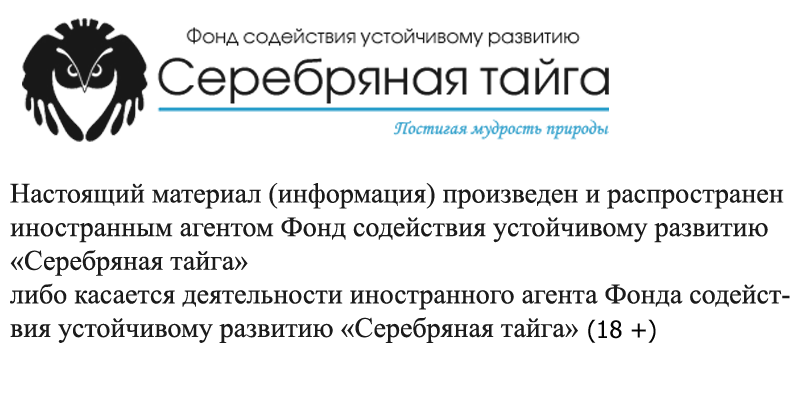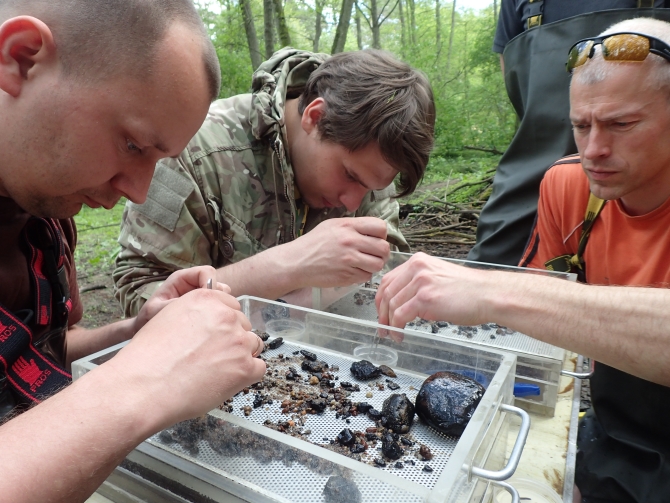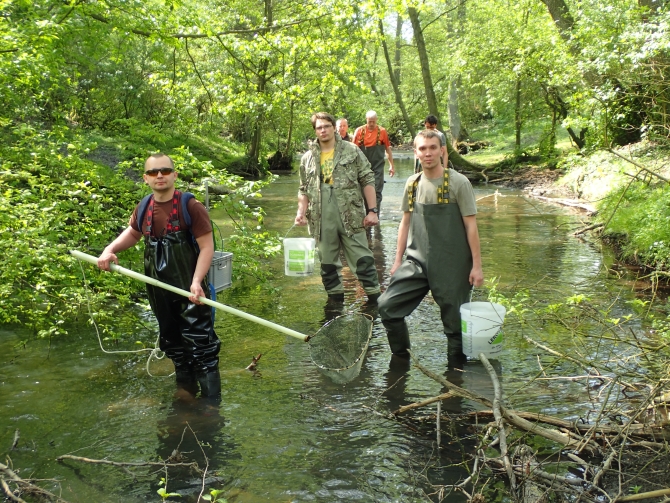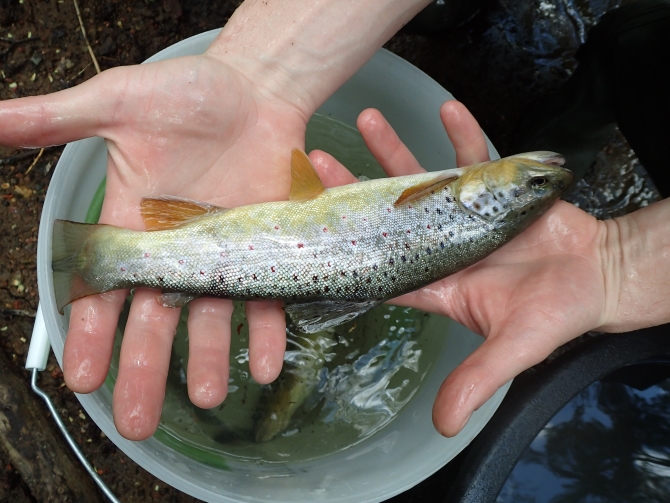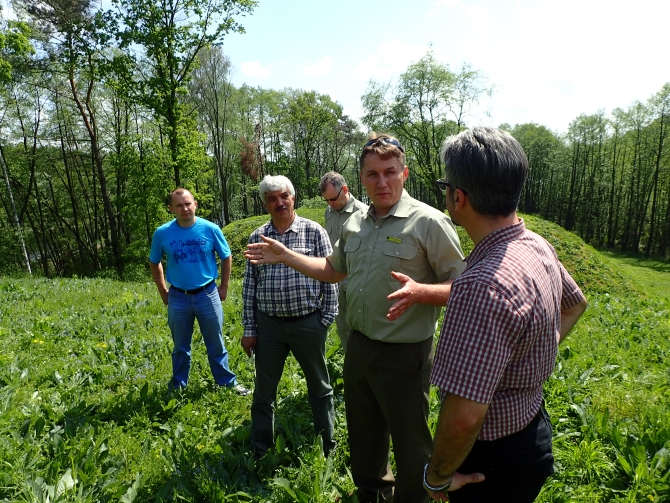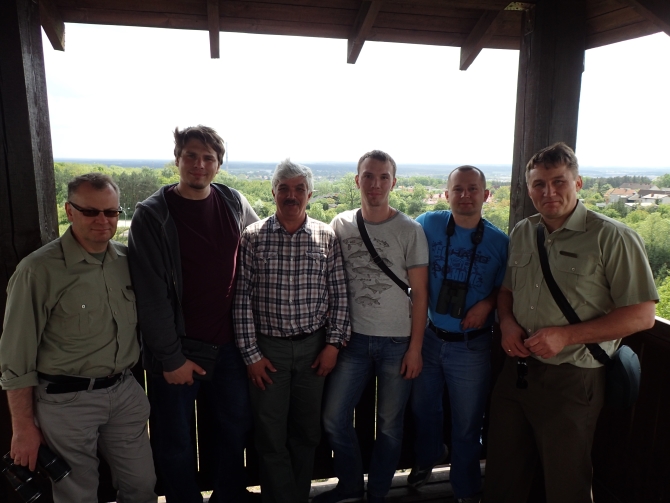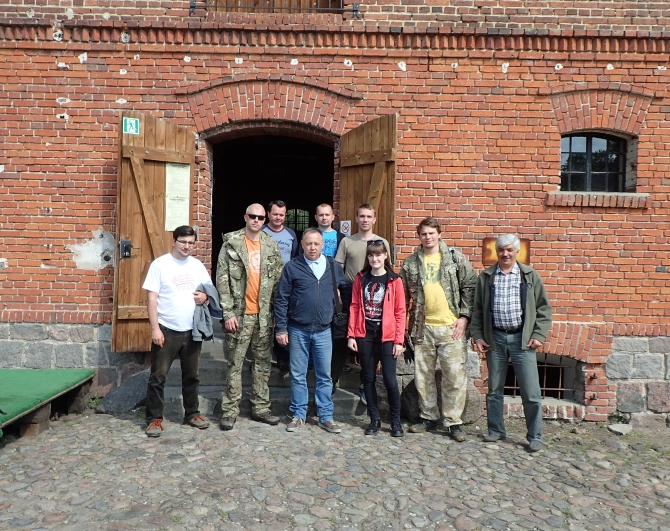Silver Taiga’s Environmentalists Learnt about Polish River Resource Management Experience
With regard to the trip to Poland the Foundation’s experts were focused on two key objectives – to learn about the methods of aquatic ecosystem assessment used in the country and to study the experience of fishery resource management. Both tasks are relevant for efficient implementation of Silver Taiga’s projects aimed at building sustainable management of rivers and river resources.
Owing to the hosts – faculty of the University of Life Sciences in Poznań – the Foundation’s experts managed to visit the fish breeding factory in Muchocin, artificial lakes near Kościan, Wielkopolski National Park, got to know about rural culture in the National Museum of Agriculture in Szreniawa, all that done throughout a week. It was also useful to visit the Regional center of education and wildlife near the village of Mniszki.
The participants of the trip noted that the challenges our Polish colleagues face differ from ours a lot.
For instance, depletion of resources is obvious at our rivers, including the Mezen, and it is primarily related to excess catchment (since the 1940s). While in Poland the hottest issue is shallowing or complete drying up of rivers. First of all, it is connected with significant climatic changes, since at that geographic zone the change is more prominent than in this area. The second reason is extensive water consumption by numerous agricultural companies. Logging operations conducted in the past also influence a lot – their long-term impact is seen now.
“Moreover, rivers in Poland are too dammed”, Nikolay Shilov, environmentalist and the Model River Mezen project coordinator, comments. “Too many dams, dikes and other hydraulic works. All this hampers spawning, as natural environment required for spawning is disturbed”.
Another concern of Polish ichthyologists is wide distribution of invader species, such as crustaceans, shellfish, Asian fish species, etc. Their energetic introduction is related to a number of factors – primarily to the development of aquaculture: ecdemic species are brought into the water basin together with planting material, and the climatic conditions are viable enough for anything that gets into the river to survive.
We would like to see the methods used by ichthyologists and ecologists to estimate the quality of water and ichthyofauna… Polish experts use bioindication methods to evaluate aquatic ecosystem quality and examine benthos to assess food potential of the water body, just like we do… Technically, their benthos evaluation method is less complicated. Here, we need serious preparations to be arranged and highly specialized experts to be involved for such research. Our methods are more complex in use. Nevertheless, they provide more data. Of course, technical simplicity is a great advantage, however it means nothing to us, because such methods are not suitable for the type of water resource impact we are interested to analyze.
As for fishery resource management in Poland, this area is dominated by aquaculture – fish breeding, and we would do well to learn from our Polish colleagues how to develop this fishery management dimension. There are amateur fishers and anglers in Poland as well, of course, however they are much less in number than at our rivers. And the poaching problem is not that massive.
“Even though problems are different, and climatic and other conditions are not the same, the Poznań trip with its core objective to exchange our experience in biomonitoring and bioindication for water resource management gave us a lot”, Alexander Borovlyov, ecologist, believes. “First of all, it provided us with useful information. New impressions, emotions, of course. We had field trips, visited museums, forestries, national parks… All that enabled us to see the overall picture of water basin management and monitoring. What is more valuable is that I found good partners for cooperation under the umbrella of our project on assessing long-term logging impact on water resources. Polish specialists deal with a similar topic, so I hope in the future our joint efforts on finding solutions for the problem under analysis will contribute to our success”.
